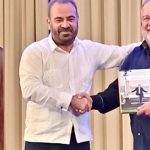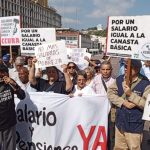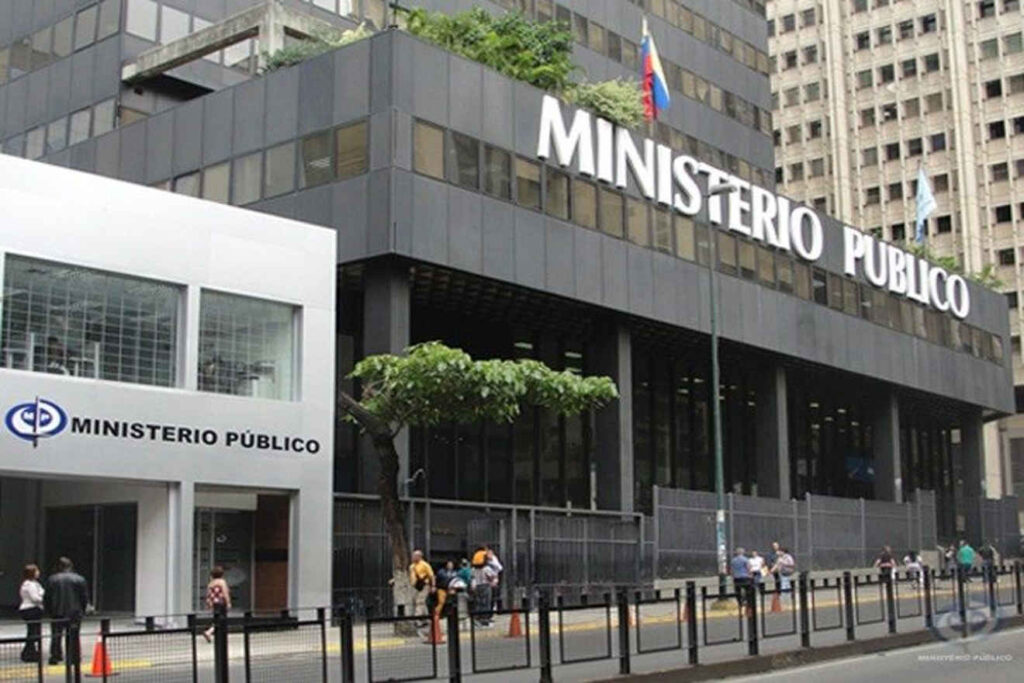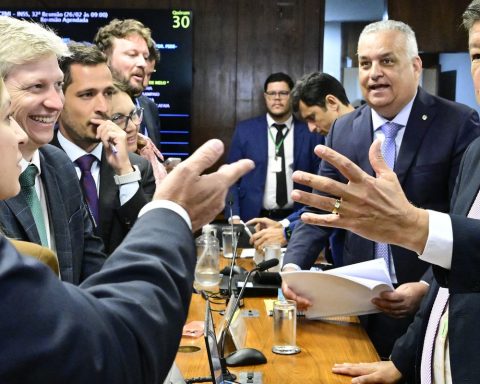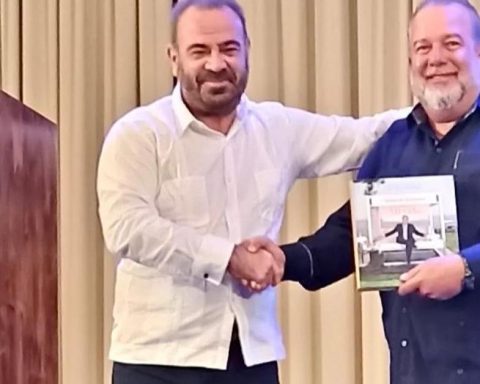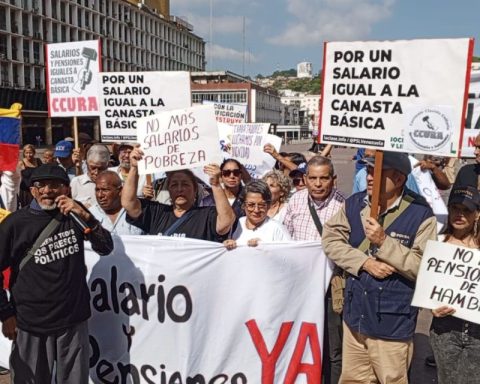Anielka García has been in prison for more than 100 days. The Chichigalpa entrepreneur was arrested for publishing a T-shirt alluding to the civic struggle, last April. The judicial process that is followed in the case is currently unknown and what is the crime for which she has been deprived of her freedom.
The director of the Nicaraguan Human Rights Ombudsman, Pablo Cuevas, affirms that there are no official records of García’s case. “In the digital files of the Judiciary we did not find any file of the young entrepreneur, political prisoner Anielka García, she is the victim of another abuse of the Ortega Murillo dictatorship and violation of her constitutional rights.”
Independent lawyers point out that in other detentions of political prisoners they have been sentenced without disclosing the crimes of which they are accused. “We could presume that more than 100 days after being kidnapped by the authorities, she could be facing a clandestine process, without giving notice to her relatives or private lawyers,” says Cuevas.
In an investigation process for a legalization hearing, as has been done in previous cases, 90 days are requested to search for evidence. “There is a violation of the law, because her case must be public knowledge, she only exercised her constitutional right to work, making designs alluding to the homeland, in this there is no commission of a crime.”
Anielka is the mother of two children, one of them one year old, and belongs to the 64 political prisoners who count civil organizations.
Related news: Olesia Muñoz celebrates 100 days as a political prisoner of Ortega
Political prisoners in Nicaragua
The Mechanism for the Recognition of Political Prisoners recorded in its report for the month of June, 64 political prisoners; 10 women and 54 men, and 81 people illegally prosecuted. The largest number of arrests occurred in the months of May and June. In the months of April, May and June, 20 religious imprisoned illegally were also reported.
Added to these statistics is the arrest of the parish priest of Siuna, Fernando Zamora Silva. The priest who is a judge of the ecclesiastical court of Nicaragua was arrested on July 9 of this year.
The relatives of the detainees have denounced, anonymously to different organizations, that the State continues to use torture in the different detention centers, applying it to prisoners of conscience. The complainants highlight the physical deterioration of the political prisoners, a product of the beatings they receive while in the custody of the Sandinista regime.









